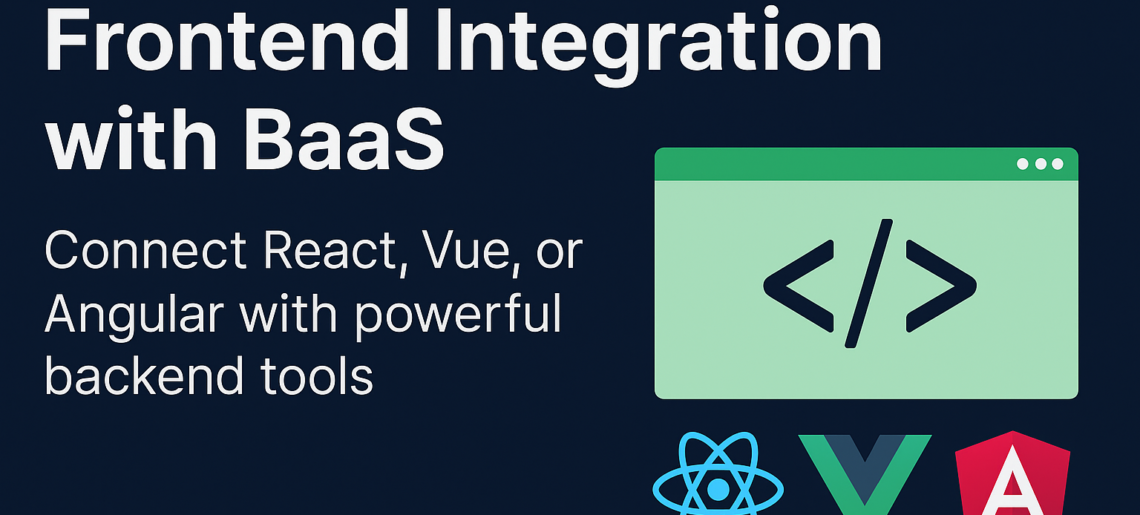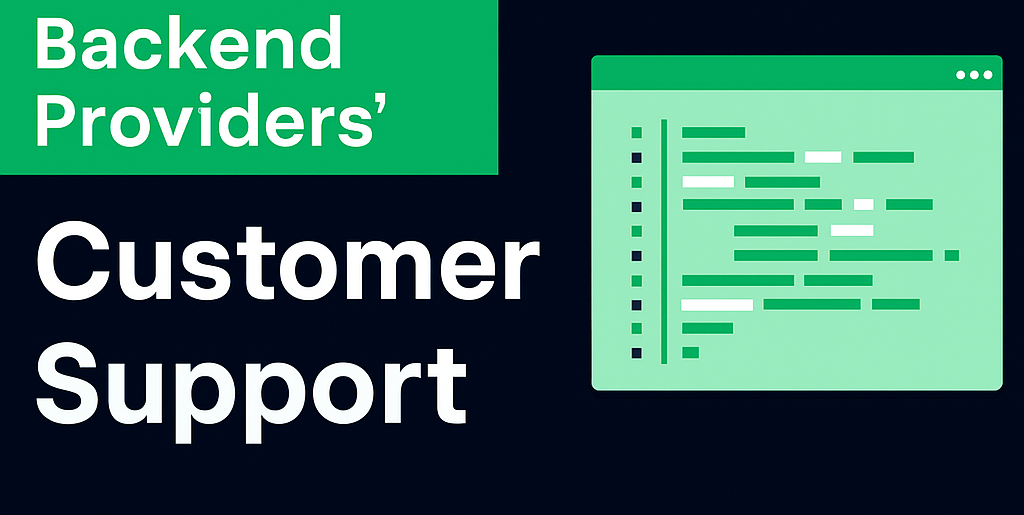The backend of an app is not something most users think about. But as developers, we know just how important it is.
It is where everything behind the scenes happens, from storing data to handling login details. When it comes to safety, that hidden part of your app plays a big role.
Good backend services do not just manage traffic and store information. They protect what matters most. Whether you are building your first app or adding new features to something large, security should never be an afterthought.
Choosing a platform that takes protection seriously can save a lot of time, energy, and frustration down the road.
Read More








